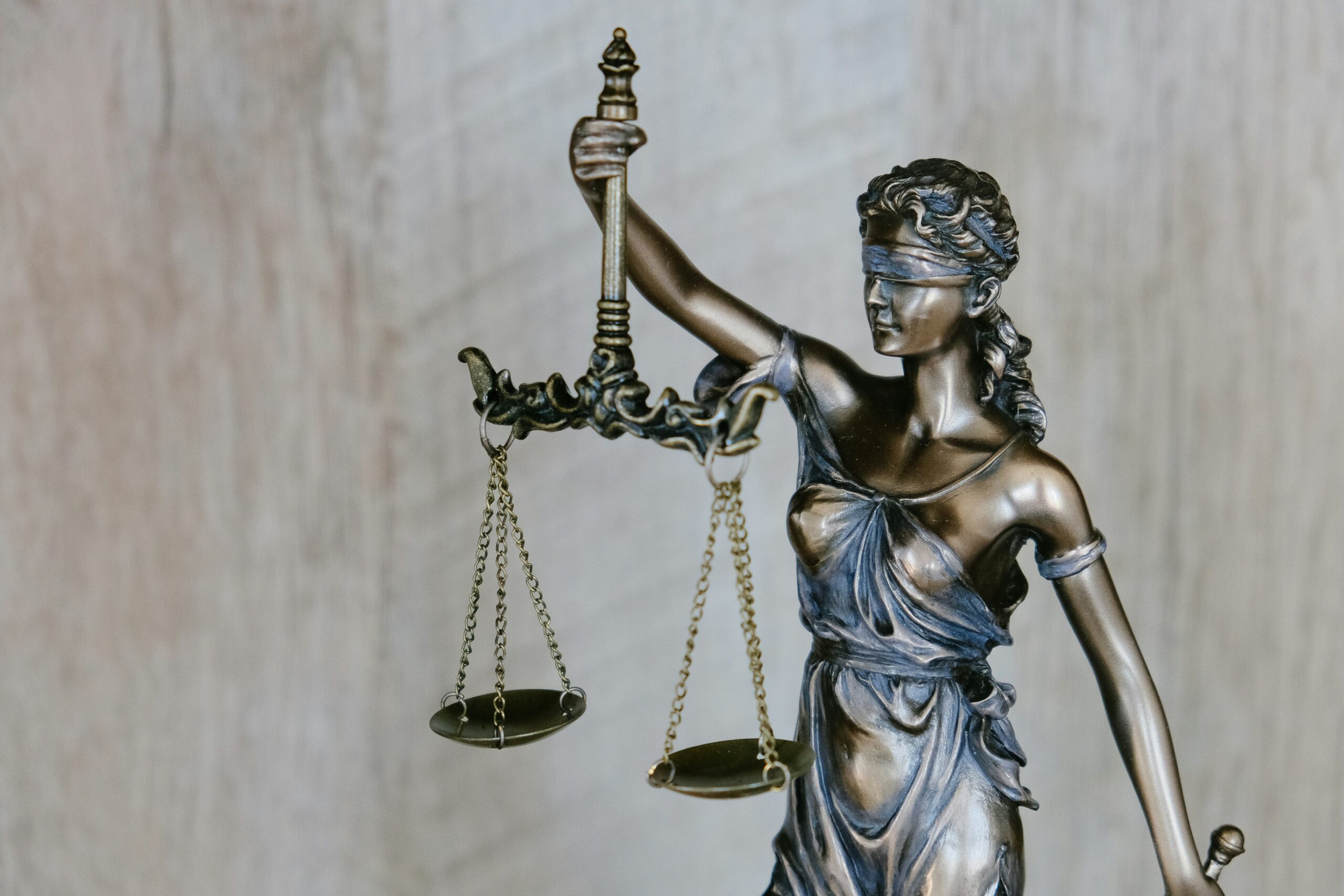
Sexual abuse cases are among the most sensitive and complex matters in the legal system. These cases require an approach that balances compassion with precision and expertise. Legal counsel ensures justice, supporting survivors while navigating intricate legal frameworks. By understanding the nuances of these cases, attorneys can advocate effectively and ensure their clients’ rights are protected.
Advocating for Survivors
One of the primary responsibilities of legal counsel in sexual abuse cases is to advocate for survivors. Attorneys are tasked with giving survivors a voice in the justice system, which can be intimidating and overwhelming. By preparing their clients thoroughly, legal counsel helps them share their experiences confidently and accurately.
Moreover, attorneys must also serve as empathetic supporters during immense emotional turmoil for their clients. Legal counsel’s ability to communicate clearly and provide reassurance fosters trust and helps survivors feel heard. For many survivors, having a strong legal advocate can be the first step toward regaining control over their lives.
Navigating Complex Legal Processes
The legal process in sexual abuse cases often involves multiple stages, including reporting, investigations, hearings, and trials. Each step comes with its own set of challenges and technicalities. Legal counsel’s expertise ensures that every procedural requirement is met, safeguarding the survivor’s case from pitfalls.
In addition, attorneys work to counter potential defenses or tactics the accused uses to discredit the survivor’s testimony. Legal counsel gathers evidence, interviews witnesses, and builds a compelling case to present in court. Their thorough preparation can distinguish between a case’s success and failure.
Protecting Survivors’ Rights
Sexual abuse cases often involve intricate legal rights and protections, including privacy and confidentiality. Legal counsel is instrumental in ensuring these rights are upheld throughout the legal process. Attorneys may file motions to protect their client’s personal information or to restrict unnecessary public disclosures.
Furthermore, lawyers are responsible for shielding survivors from unnecessary trauma during legal proceedings. For instance, they may challenge inappropriate or irrelevant questions during cross-examinations or seek protective orders to limit contact between the survivor and the accused. By doing so, legal counsel helps survivors navigate the legal system with dignity.
Facilitating Communication with Law Enforcement and Courts
Effective communication between survivors and law enforcement or judicial authorities is crucial. Legal counsel acts as a bridge, translating legal jargon into terms their clients can understand and vice versa. This role is vital when survivors feel intimidated or unsure about engaging with authorities.
Attorneys also help streamline communication, ensuring all necessary information is provided accurately and promptly. By serving as intermediaries, legal counsel helps maintain the integrity of the case while reducing the burden on survivors. This ensures that legal processes move forward efficiently.
Ensuring Fair Compensation and Justice
In many sexual abuse cases, survivors may be entitled to financial compensation for medical expenses, therapy, and other damages. Legal counsel is essential in pursuing these claims, often through civil lawsuits. Attorneys calculate the extent of damages, negotiate settlements, and, if necessary, litigate to secure a fair outcome.
Beyond financial recovery, legal counsel also strives to achieve justice by holding perpetrators accountable. This accountability can bring a sense of closure and validation to survivors. By relentlessly advocating for their clients’ interests, attorneys help survivors reclaim their lives and dignity.
Building Awareness and Prevention
Legal counsel’s role extends beyond individual cases. Through their work, attorneys contribute to broader societal change by raising awareness about sexual abuse and advocating for stronger laws and policies. Their involvement in high-profile cases often sparks public discussions that can lead to increased prevention efforts.
Legal counsel helps foster an environment where survivors feel empowered to come forward by educating clients and communities about their rights. This ripple effect can lead to systemic improvements, reducing the prevalence of sexual abuse and improving outcomes for future cases.
Legal counsel plays a pivotal role in sexual abuse cases, combining legal expertise with compassion to support survivors and seek justice. From advocating for clients to navigating complex legal systems, attorneys serve as indispensable allies during one of the most challenging periods of a survivor’s life. Their contributions not only change individual lives but also shape broader societal attitudes toward sexual abuse. As the legal landscape continues to evolve, the role of legal counsel remains critical in ensuring that justice and accountability prevail.